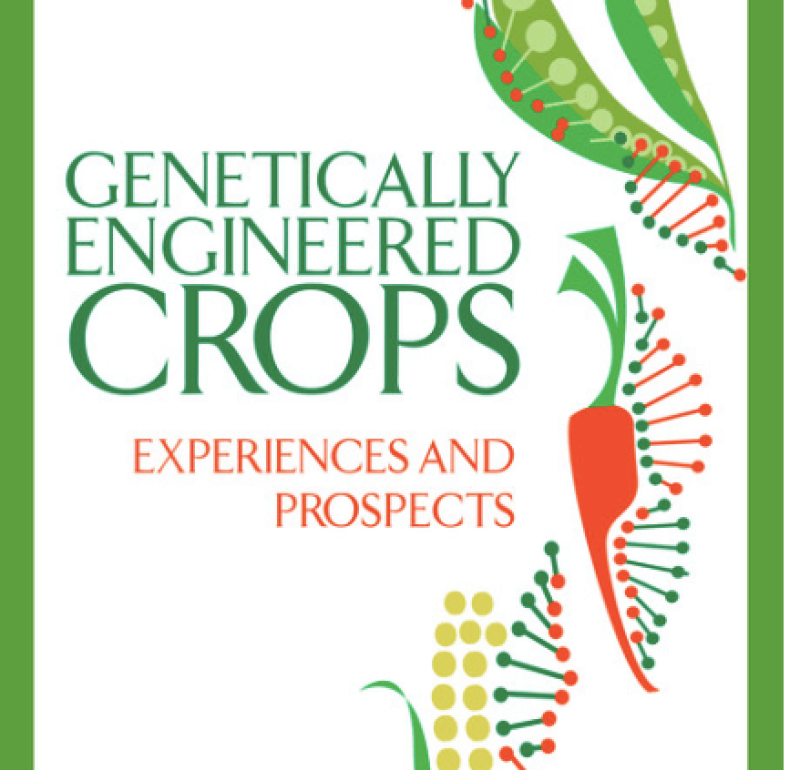- The GLP aggregated and excerpted this blog/article to reflect the diversity of news, opinion and analysis.
Genetically-engineered crops are as safe to eat as their non-GE counterparts, and they have reduced the use of pesticides. That’s according to a comprehensive report released by the National Academy of Sciences [May 17]—a group founded by the U.S. Congress to provide expert scientifically-based advice on a wide variety of issues.
[Read expert opinion about the National Academy of Science report on GLP’s sister site, Genetic Expert News Service, here: National Academies report looks at 30 years of GE crops, advocates changes to regulation]But the academy also found that GE or (genetically-modified organisms or GMO) crops didn’t increase those crops’ potential yields, and they did lead to widespread and expensive problems with herbicide-resistant weeds.
The report acknowledges that beyond safety, other issues need to be addressed, including earning the public’s trust. It recommends a more transparent and inclusive conversation about GE crops going forward.
The report, two years in the making, is a 388-page, comprehensive look at every aspect of genetically engineered crops. “Sweeping statements about GE crops are problematic because issues related to them are multidimensional,” the report says right up front, and goes on to dig deep on those dimensions.
Read full, original article: Scientists Say GMO Foods Are Safe, Public Skepticism Remains































